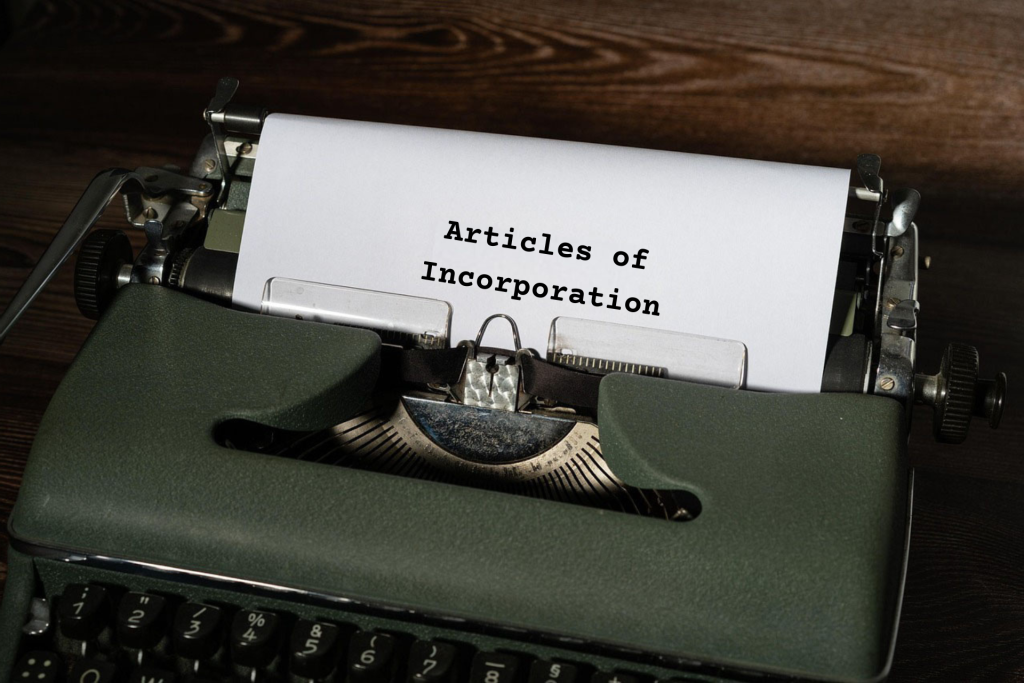
Policies and Procedures for Effective Nonprofit Oversight
n the complex landscape of nonprofit corporations, the role of the board of directors is crucial in steering the organization towards its mission. To ensure transparency, accountability, and sound decision-making, boards must establish and implement robust policies and procedures.









